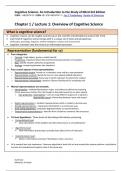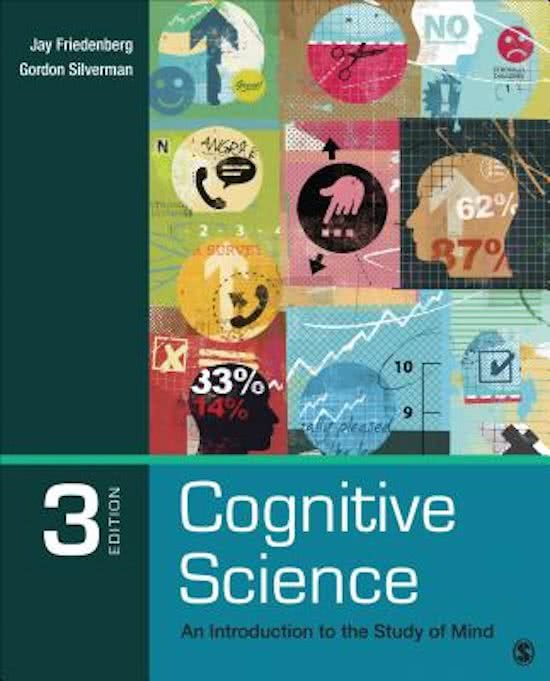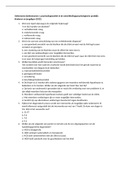Summary
Summary Cognitive Science - Introduction to Cognitive Science
- Course
- Institution
- Book
A well written summary for the Introduction to Cognitive Science course at the TiU. It is based on the Cognitive Science: An Introduction to the Study of Mind 3rd Edition book. All chapters are written in blocks which helps studying the topic you need to know.
[Show more]






